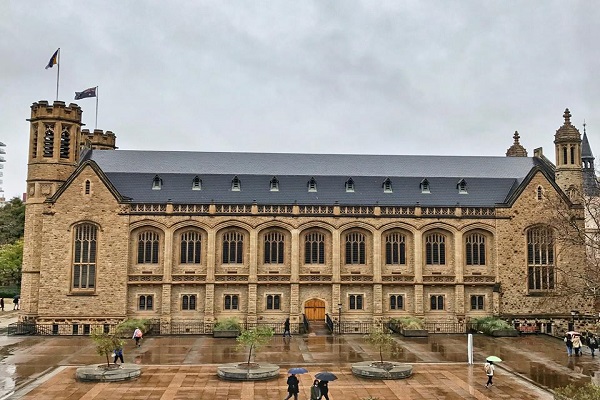University of Adelaide: Tech and defence experts call to build ‘AI Australia’
But Australia must commit to building its sovereign AI research and innovation capability, or risk being left behind as other countries race to pursue their ambitious AI strategies, the authors say.
Artificial intelligence: Your Questions Answered has been produced by the University of Adelaide’s Australian Institute for Machine Learning (AIML) in partnership with the Australian Strategic Policy Institute (ASPI), with input from defence, technology, and political leaders.
Among the report’s 16 authors are: Australia’s Chief Defence Scientist, Professor Tanya Monro; Australian Senator Rex Patrick; Chief Scientist for South Australia, Professor Caroline McMillen; ASPI Director of Defence, Strategy & National Security, Michael Shoebridge; and Science & Technology Australia CEO, Misha Schubert.
AIML Director Professor Simon Lucey and Centre for Augmented Reasoning Director Professor Anton van den Hengel said they wanted to inform public policy leaders about how AI works, and how Australia can best take advantage of the technology by becoming global leaders in ethical AI systems.
“Critical sovereign capabilities in cybersecurity, defence, homeland security and responding to ‘truth-disruptions’ to electoral processes and public messaging… are increasingly dependent on AI. There’s a global arms race in the development of capabilities in all those areas,” Professor Lucey said.
Professor van den Hengel also noted that popular myths about AI often seen in Hollywood movies are a distraction from the real risks in how the technology’s currently being applied.
“AI has created a new form of power that’s unevenly distributed. We’ve given away our data to essentially three companies that don’t solve human problems…Rather, your data is churned through machine-learning algorithms to recommend to you the next product to buy,” Professor van den Hengel said.
“Critical sovereign capabilities in cybersecurity, defence, homeland security and responding to ‘truth-disruptions’ to electoral processes and public messaging… are increasingly dependent on AI. There’s a global arms race in the development of capabilities in all those areas,”
AIML Director Professor Simon Lucey

